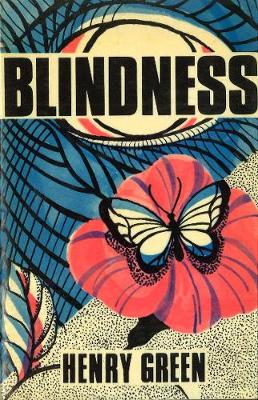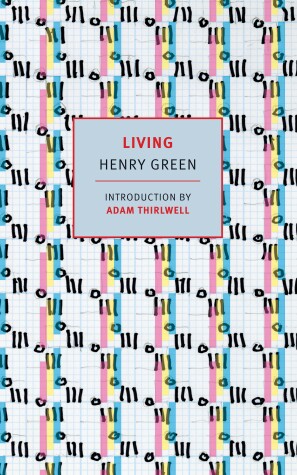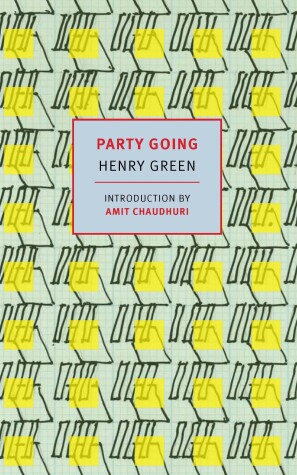Nyrb Classics
3 total works
Blindness is Henry Green's first novel. Begun when the author was still at school, it tells the story of a clever and artistic boy who, blinded in a senseless accident, turns to writing with powers extraordinarily heightened by his affliction. With a total lack of sentimentality Henry Green explores the youth's adaptation to his changed and darkened life.
Blindness has been much referred to and much discussed by Green's admirers, but for many years has been impossible to obtain. Its reissue coincides with the increasing recognition of Green's stature as a major modern English novelist.
Blindness has been much referred to and much discussed by Green's admirers, but for many years has been impossible to obtain. Its reissue coincides with the increasing recognition of Green's stature as a major modern English novelist.
A timeless work of social satire, set in the 1920s and considered one of the most insightful Modernist depictions of England's working class
Living is a book about life in a factory town and the operations of a factory, from the workers on the floor to the boss in his office. The town is Birmingham and the factory is an iron foundry, like the one that Henry Green worked in for some time in the 1920s after dropping out of Oxford, and the stories—courtships, layoffs, getting dinner on the table, going to the pub, death—are all the ordinary stuff of life. The style, however, is pure Henry Green, at once starkly constrained and wildly streaked with the expedients and eccentricities of everyday speech—cliché and innuendo, clashing metaphors, slips of tongue—which is to say it is like nothing else. Epic and antic, Living is a book of exact observation and deep tenderness, the work, in Rosamond Lehmann’s words, of an “amorous and austere voluptuary” whose work continues to transform the novel.
Living is a book about life in a factory town and the operations of a factory, from the workers on the floor to the boss in his office. The town is Birmingham and the factory is an iron foundry, like the one that Henry Green worked in for some time in the 1920s after dropping out of Oxford, and the stories—courtships, layoffs, getting dinner on the table, going to the pub, death—are all the ordinary stuff of life. The style, however, is pure Henry Green, at once starkly constrained and wildly streaked with the expedients and eccentricities of everyday speech—cliché and innuendo, clashing metaphors, slips of tongue—which is to say it is like nothing else. Epic and antic, Living is a book of exact observation and deep tenderness, the work, in Rosamond Lehmann’s words, of an “amorous and austere voluptuary” whose work continues to transform the novel.
A modernist "masterpiece" (The New York Times) that will appeal to fans of Downton Abbey and The Great Gatsby
Party Going, published in 1939, is Henry Green’s darkly comic valediction to what W. H. Auden famously described as the “low dishonest decade” of the 1930s. London is sunk in an impenetrable fog. Traffic has come to a halt. Stranded in the train station and the hotel connected to it are a group of bright young things waiting to catch a train to the Continent, where their enormously rich friend Max is throwing a party. Green’s characters worry and wonder and wander in and out of each other’s company (and arms and beds), in pursuit of and pursued by their own secrets and desires.
Party Going, published in 1939, is Henry Green’s darkly comic valediction to what W. H. Auden famously described as the “low dishonest decade” of the 1930s. London is sunk in an impenetrable fog. Traffic has come to a halt. Stranded in the train station and the hotel connected to it are a group of bright young things waiting to catch a train to the Continent, where their enormously rich friend Max is throwing a party. Green’s characters worry and wonder and wander in and out of each other’s company (and arms and beds), in pursuit of and pursued by their own secrets and desires.


